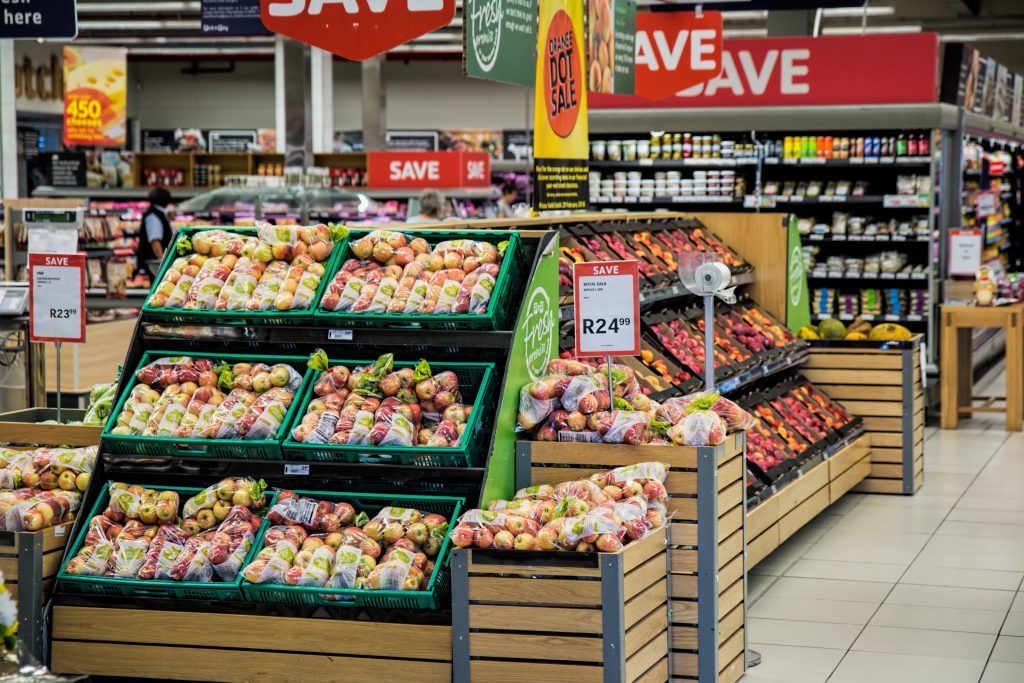 Injuries arise in many unexpected ways and locations, even from a trip to the local grocery store. Sometimes this occurs due to a patron’s own clumsiness. Regardless, a grocery store may still be responsible for injuries if the store was negligent, or did not take reasonable actions to fix a known danger. For one Gretna woman, however, the Louisiana Fifth Circuit Court of Appeal affirmed a ruling by the 24th Judicial District Court Parish of Jefferson holding that the grocery store had no responsibility for her injuries.
Injuries arise in many unexpected ways and locations, even from a trip to the local grocery store. Sometimes this occurs due to a patron’s own clumsiness. Regardless, a grocery store may still be responsible for injuries if the store was negligent, or did not take reasonable actions to fix a known danger. For one Gretna woman, however, the Louisiana Fifth Circuit Court of Appeal affirmed a ruling by the 24th Judicial District Court Parish of Jefferson holding that the grocery store had no responsibility for her injuries.
Around 5:00 P.M. one evening in May, Tami Luft headed to the local Winn-Dixie on Belle Chasse Highway and Wall Boulevard to purchase chips and bread. After she picked up her chips, Ms. Luft made her way to the bread section when she suddenly tripped on a piece of plastic that supported a bottom shelf in the chip aisle. The store manager, Mr. Lollis, helped Ms. Luft up, she finished her shopping, and then she went home. Nearly a year later in April, Ms. Luft filed a lawsuit against Winn-Dixie, claiming negligence for creating the hazardous condition that caused her injuries. The district court ruled in favor of Winn-Dixie, so Ms. Luft appealed to the Court of Appeal which affirmed the ruling.
To sue for negligence resulting from injury on a merchant’s property, Ms. Luft had to prove three elements under Louisiana law. La. R.S.9:2800.6(B). First, there had to be “an unreasonable risk of harm” that was also “reasonably foreseeable.” Second, Winn-Dixie had to either have created or “had actual or constructive notice of the condition which caused the damage” before the accident occurred. Third, Winn-Dixie had to fail in exercising “reasonable care.” Here, Ms. Luft had the burden of proof, meaning that to win her case she needed to prove each element. For Winn-Dixie to win the case, it only needed to refute one element. The element Winn-Dixie focused on was the second, claiming that the store neither created nor had actual or constructive notice of the danger posed to Ms. Luft by the plastic support.
 Louisiana Personal Injury Lawyer Blog
Louisiana Personal Injury Lawyer Blog


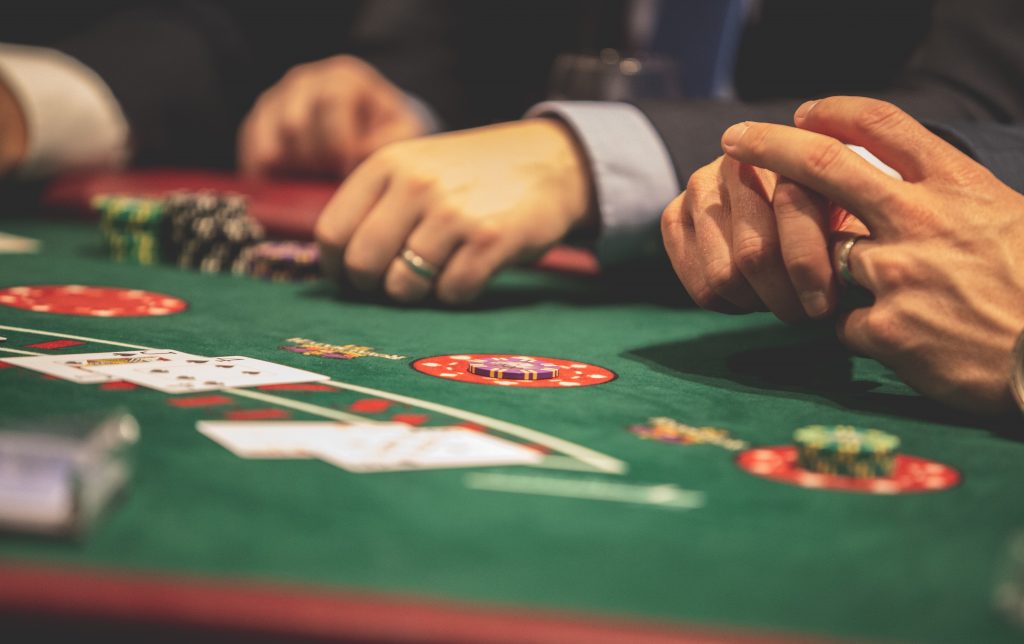 In order to successfully handle a lawsuit addressing the duty a business has to its patrons, an injured party should know that under Louisiana’s duty-risk analysis the main questions are: (1) whether a duty was owed; (2) whether that duty was breached; and (3) whether the breach caused the patron’s harm. Additionally, for a lawsuit in which the premises of the building are alleged to be dangerous, the plaintiff must prove that the building defect in question was “unreasonably dangerous.”
In order to successfully handle a lawsuit addressing the duty a business has to its patrons, an injured party should know that under Louisiana’s duty-risk analysis the main questions are: (1) whether a duty was owed; (2) whether that duty was breached; and (3) whether the breach caused the patron’s harm. Additionally, for a lawsuit in which the premises of the building are alleged to be dangerous, the plaintiff must prove that the building defect in question was “unreasonably dangerous.”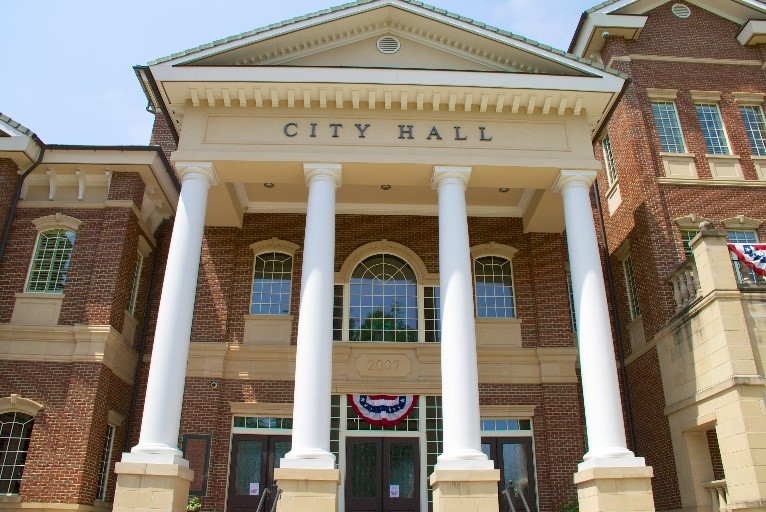 Public entities are treated as private entities when it comes to slip and fall situations. They must abide by a liability standard when a customer or employee slip and fall on their premises. The standard gives the public entity responsibility for things that they control. The standard is similar to the standard used in cases of slip and fall. In this case, the court considered whether a slip and fall on a public entity’s premises can lead to liability.
Public entities are treated as private entities when it comes to slip and fall situations. They must abide by a liability standard when a customer or employee slip and fall on their premises. The standard gives the public entity responsibility for things that they control. The standard is similar to the standard used in cases of slip and fall. In this case, the court considered whether a slip and fall on a public entity’s premises can lead to liability. 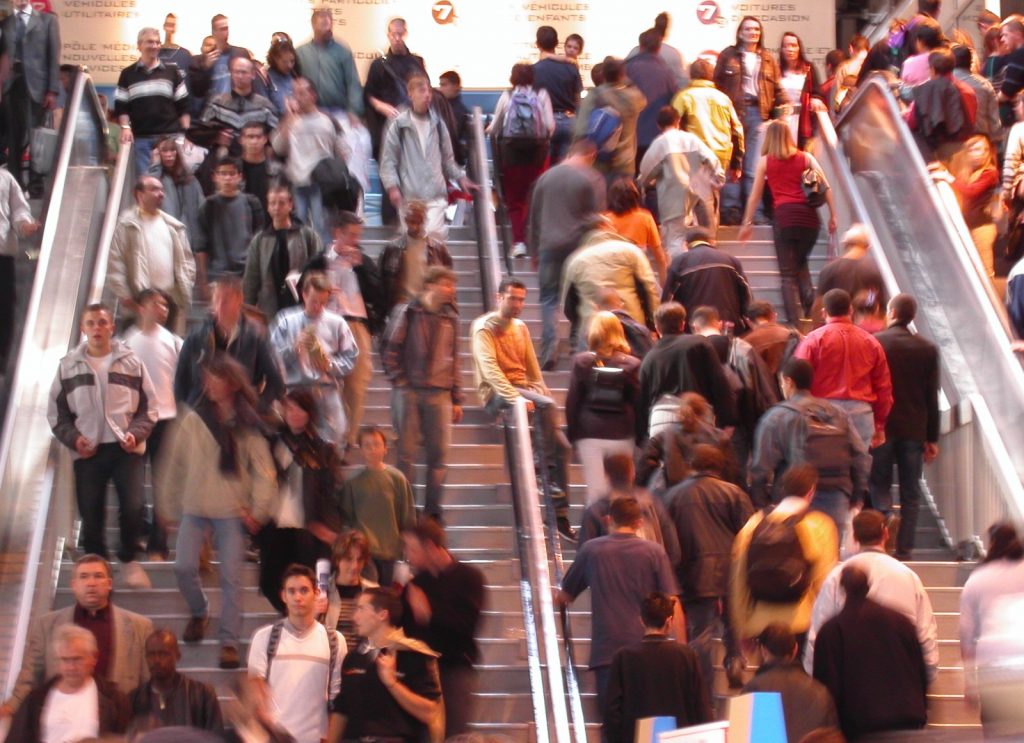 Although many people are aware that merchants are required to keep their premises reasonably safe, it can be complicated to establish what exactly constitutes unreasonable risk.
Although many people are aware that merchants are required to keep their premises reasonably safe, it can be complicated to establish what exactly constitutes unreasonable risk.  Slip and falls are one of the most common accidents in the United States. Though some slip and falls may only lead to a sense of embarrassment, others can lead to permanent and serious damage to the body. Thus, it makes sense that an establishment owner should ensure that his or her establishment is safe. However, it is also important that people who visit an establishment should be responsible and not behave recklessly. In order to achieve this through law, Louisiana has an “open and obvious” doctrine, which states that an establishment is not responsible for people who were injured due to an open and obvious defect at the establishment.
Slip and falls are one of the most common accidents in the United States. Though some slip and falls may only lead to a sense of embarrassment, others can lead to permanent and serious damage to the body. Thus, it makes sense that an establishment owner should ensure that his or her establishment is safe. However, it is also important that people who visit an establishment should be responsible and not behave recklessly. In order to achieve this through law, Louisiana has an “open and obvious” doctrine, which states that an establishment is not responsible for people who were injured due to an open and obvious defect at the establishment.  If injured at work, many people will turn to a lawyer to learn about the legal options and damages available to them. Yet, a good lawyer can do more than just obtain damages, such as negotiate with the employer to facilitate accommodations needed in order to return to work.
If injured at work, many people will turn to a lawyer to learn about the legal options and damages available to them. Yet, a good lawyer can do more than just obtain damages, such as negotiate with the employer to facilitate accommodations needed in order to return to work.  What’s wrong, Lassie? Did Timmy fall down the well in Red River Parish? No? It was John Cantu who fell in the well, because of someone’s negligence? Let’s let Louisiana’s Second Circuit Court of Appeal figure this one out.
What’s wrong, Lassie? Did Timmy fall down the well in Red River Parish? No? It was John Cantu who fell in the well, because of someone’s negligence? Let’s let Louisiana’s Second Circuit Court of Appeal figure this one out. Property owners have a responsibility to maintain safe conditions on their premises. However, if you are injured on someone’s property, there are still numerous elements you must prove in order to prevail on any lawsuit you may file for injuries arising from an unsafe premises. Establishing these elements can be especially challenging when you are injured from an activity that may be considered openly and obviously risky. This was this situation facing Mr. and Mrs. Marshall following Mrs. Marshall’s accident on an escalator at Jazz Casino in the Orleans Parish of Louisiana.
Property owners have a responsibility to maintain safe conditions on their premises. However, if you are injured on someone’s property, there are still numerous elements you must prove in order to prevail on any lawsuit you may file for injuries arising from an unsafe premises. Establishing these elements can be especially challenging when you are injured from an activity that may be considered openly and obviously risky. This was this situation facing Mr. and Mrs. Marshall following Mrs. Marshall’s accident on an escalator at Jazz Casino in the Orleans Parish of Louisiana. 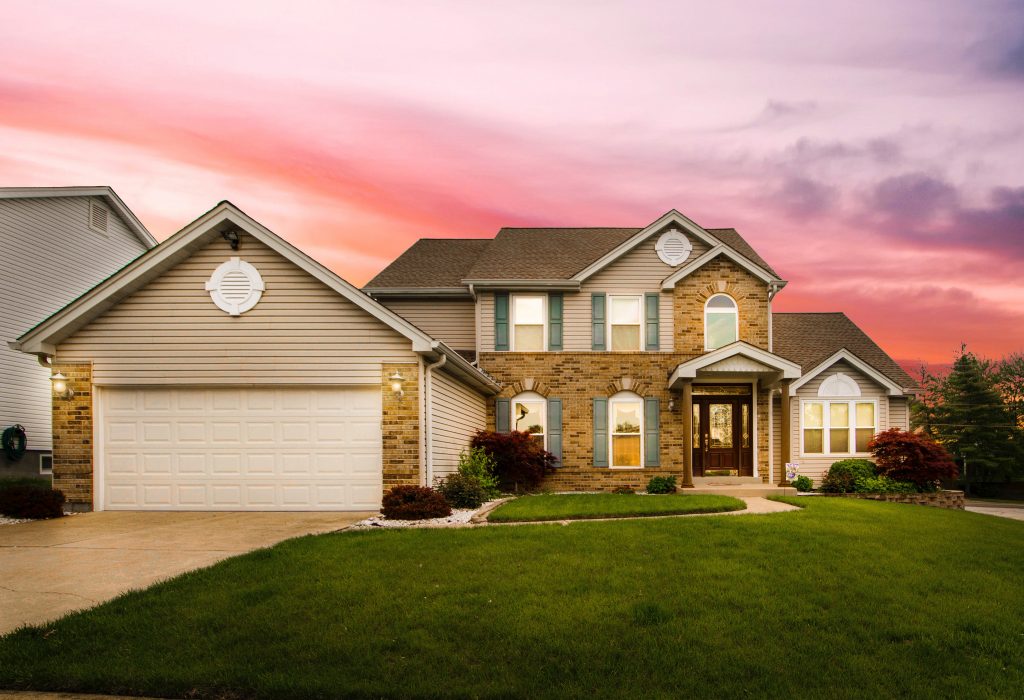 When customers slip and fall at a store, they expect to be able to recover for their injuries. However, recovery can become complicated when multiple parties were involved in maintaining the premises, such as when the store outsources with another company to provide maintenance services at the store.
When customers slip and fall at a store, they expect to be able to recover for their injuries. However, recovery can become complicated when multiple parties were involved in maintaining the premises, such as when the store outsources with another company to provide maintenance services at the store.  A Mardi Gras Ball can be an exciting and fun event; however, when someone is injured, the mood turns from festive to fearful. If you were the one injured, from whom do you recover your damages? Can you even recover? If you are the organization, are you insured? Who will bear the cost associated with the injury? For an organization, having a strong insurance contract from the beginning can work to alleviate these concerns and many others.
A Mardi Gras Ball can be an exciting and fun event; however, when someone is injured, the mood turns from festive to fearful. If you were the one injured, from whom do you recover your damages? Can you even recover? If you are the organization, are you insured? Who will bear the cost associated with the injury? For an organization, having a strong insurance contract from the beginning can work to alleviate these concerns and many others.